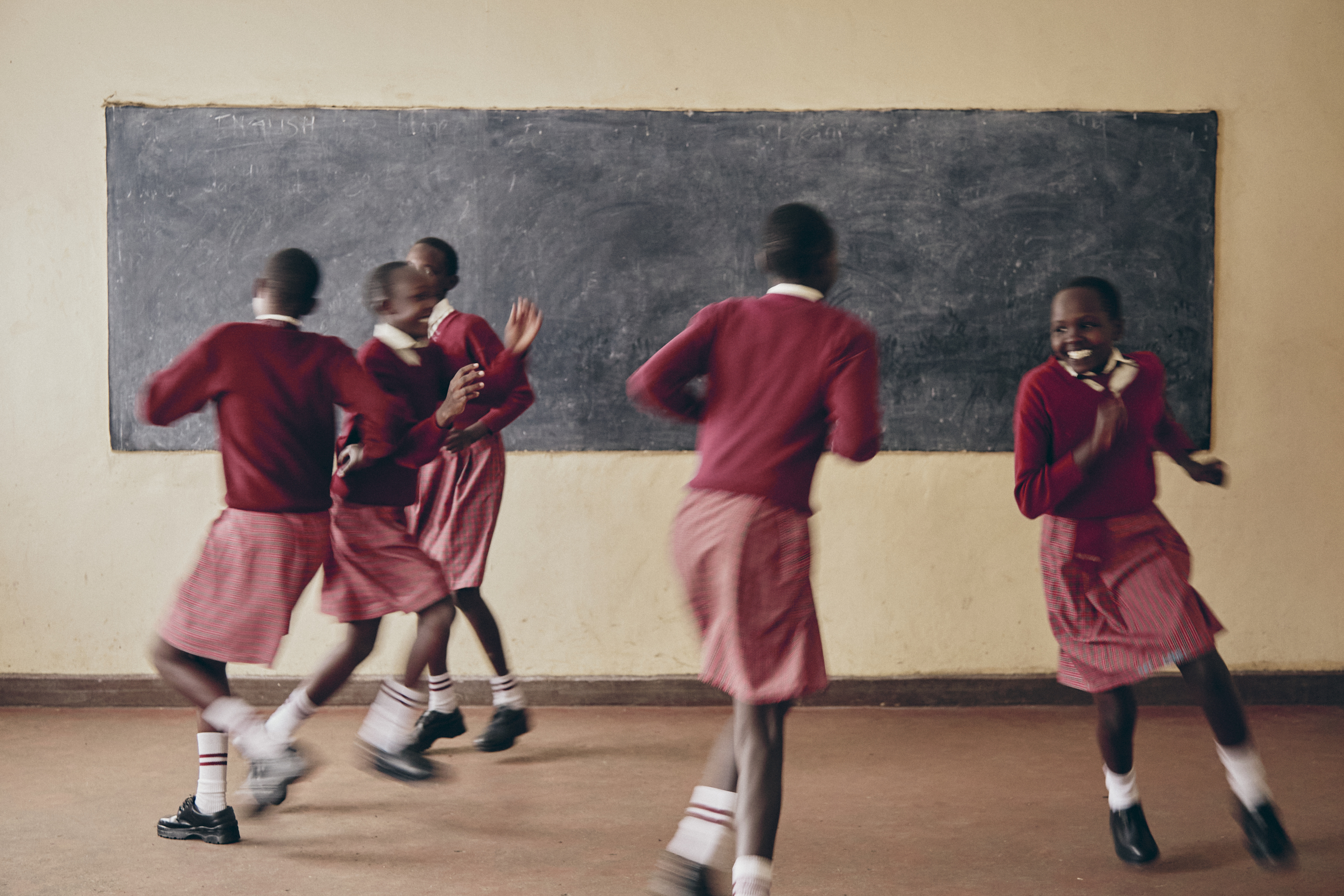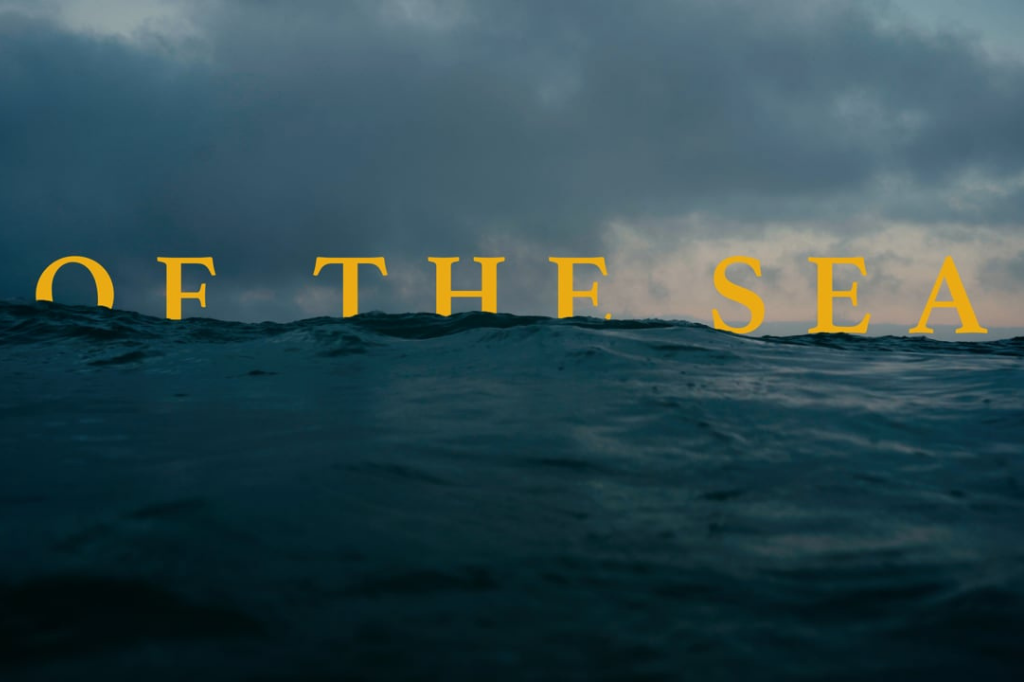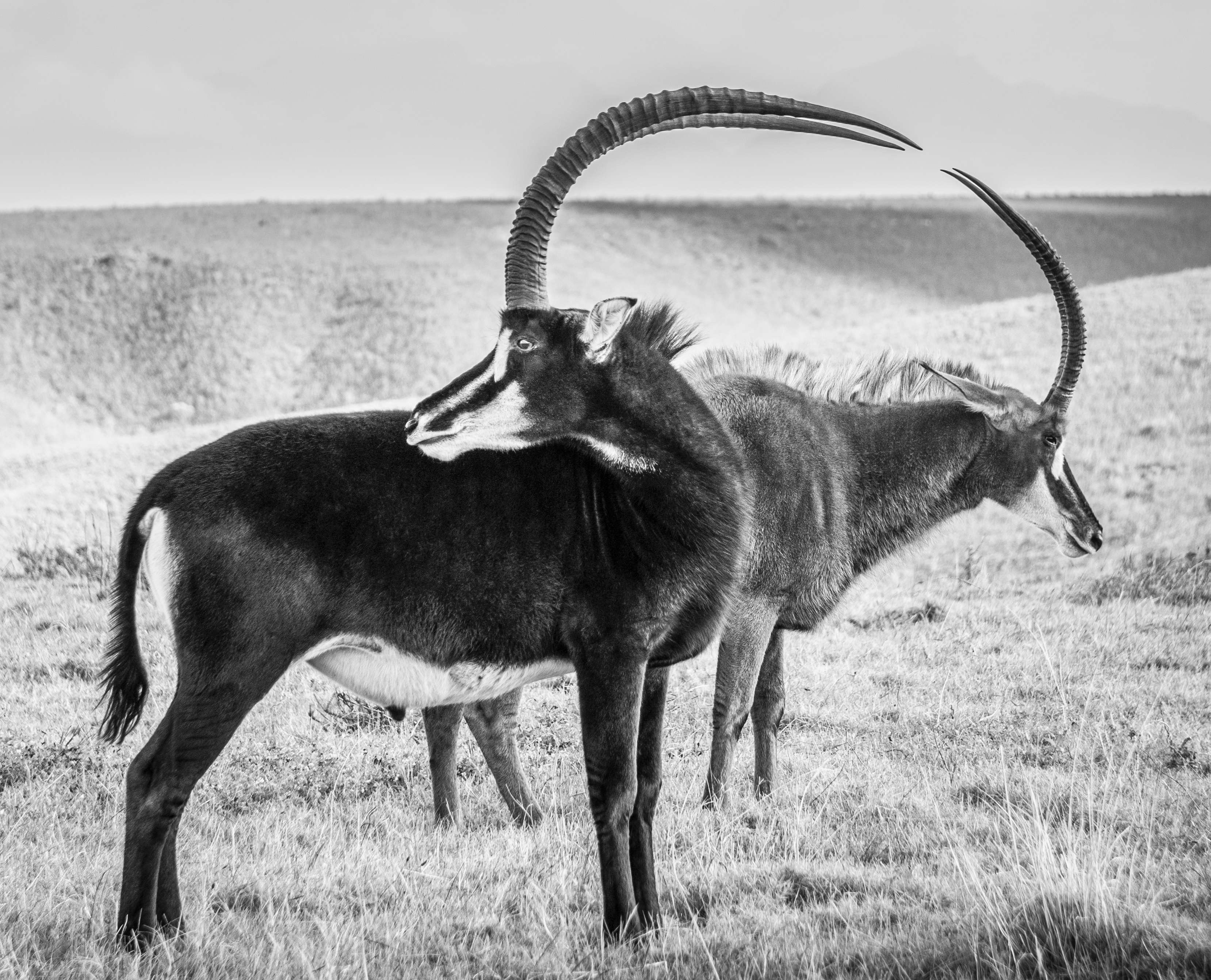Inge Prins’ love for photography has been an enduring passion throughout her life. She was captivated by the art form from a young age and has since become an exceptionally skilled decor photographer. With remarkable attention to detail and a keen sense of composition, Inge’s décor photography leaves you yearning for the homes in her photographs as she brings to life the unique character and atmosphere of each setting. We sat down with the talented photographer to chat about where her love for photography stems from, the things that inspire her and more.
Please tell us a little about yourself.
I’ve been a photographer for more than half my life; before that, I dreamed of being a photographer. I’ve wanted to do this since I was at school, and I paid my way to study at Rhodes University, where I graduated with a BFA, majoring in photography.

Do you remember what drew you to the art of photography?
There are a lot of artists and creatives in my family, so I guess part of it is genetic. My father was an accountant and also a keen amateur photographer. We travelled all over South Africa during the school holidays, and he took incredible scenic shots with his 35mm Minolta. We had regular slide shows at home, so I got to appreciate the power of images from a young age.
At school, I loved science and art, and one day I realised that photography was the perfect mix of my favourite subjects. I decided to become a photographer and started working at the local Milky Lane to save up for my first camera. Once I had the camera, I started shooting for the school newspaper and never looked back.
You’re a product and decor photographer; what drew you to these genres of photography?
I started out shooting all sorts of things; food, fashion, interiors and décor. Although I really love fashion, I found myself very drawn to the controlled, technical lighting aspects of product, interior and décor shoots.

Walk us through your creative process. How do you plan and execute your décor shoots? How much work goes into executing a shoot?
I start with the treatment if the client does not provide me with a mood board. I look for lighting and mood references and build a mood board to share with the client. I love using the online app Milanote for easy collaboration and sharing. Next, I might be involved in choosing the location or studio. That could involve a location recce, and I will take Sun Seeker recordings of the sun’s path (another great app).
A team will be put together; I love this aspect of the production. Each person brings a unique contribution to the shoot. The team could consist of the art director, stylist, stylist’s assistant, digital assistant, lighting assistants, and production people. During the planning, I try to internalise the brief and ensure everyone is on the same page. I find this almost to be the most important part of the shoot. At every step of the process, I refer back to the brief and make sure that we’re answering the brief.
I make a gear list based on a thorough assessment of the requirements and every possible scenario. On longer or more technical shoots, I’ll work with key team members on this. If the job presents a very technical challenge, and there is time to do so, I’ll set up a pre-light test to problem-solve ahead of time. If there is no pre-light, I might make a lighting diagram for the first assistant before the shoot. I like to get things right in camera and will rather use lighting equipment to tweak things instead of thinking of Photoshop as a solution.
While shooting, I tend to stick to my overall plan, but I work intuitively, making minor adjustments to the lighting to get the best result for each shot. It’s a bit like painting with light, and the process can sometimes be a bit unconventional. The assistants do not get to relax much when working with me!

What sorts of things inspire you?
I find inspiration in nature and the natural world. I am very focused on observing daylight and love seeing how light works and affects everything. Our moods can instantly change because of lighting; it’s elemental and very powerful.
I read a lot of books, listen to podcasts and enjoy visiting art galleries when I find the time. I love magic realism in films, books, art and photography. I can get very enthusiastic about beautiful architecture. My daughter also inspires me by the way she looks at the world with fresh and unique eyes.
What do you do when you’re feeling unmotivated and uninspired?
Running or swimming. I started exercising more in 2019, and the cliche turned out to be true. It really does help you to get out of a slump. If I feel unmotivated, I get my body moving.
A camping weekend with my family might also do the trick. Just being in nature is medicine. My photography lecturer Obie Oberholzer always said: “If you’re stuck – change direction”. This is excellent advice and has often helped me shift gears.

What are some of the challenges you’ve faced in your career?
This job is not for the faint-hearted. Times have changed a bit, but starting out as one of a literal handful of female camera assistants during the days of film was incredibly hard, and I faced a lot of discrimination. This industry is not easy to break into without a financial head start. I started out with a massive student loan and no other financial support. The ups and downs of freelancing were really relentless and stressful, especially for the first few years. I had some very lean times, and then it got better as I picked up regular work. I worked in Europe for a few seasons, which was amazing.
The transition from assisting to becoming a full-time photographer was tough. This was before Instagram, and I had to physically go out and show my portfolio to potential clients. An expensive and slow process, to say the least! Honestly, that was when I nearly gave up. Looking back, I think that when you are closest to giving up, you are also the closest to breaking through – almost as if it’s a final test or something. So if you really want to do something, then keep pushing and believing. In the end, anything is possible!
What camera do you shoot with?
Commercially I shoot Canon R5, and I just love it! I might also use my Nikon F2 or Mamiya 645 cameras for personal work.

What gear and equipment do you regularly shoot with?
The development of new lighting equipment at the moment is incredibly exciting, and I try to vary my gear as much as I can. I enjoy testing out new things and playing with tools in different ways. I hate the idea of having a recipe or getting stuck into a particular look. I switch between constant and flashlight and use daylight too.
Saying all that, I do love using mirrors or reflectors. The Lightbridge system has made things so much easier and is pure joy to work with. Some of my lighting favourites include the Profoto Hardbox and the Arri HMI M18. My favourite lens by far is the Canon 45mm tilt shift.
What are some things that you need with you on every shoot?
45mm tilt-shift lens, good coffee, a banana at 11 am, a Spotify playlist on a Bluetooth speaker, and my black Simon and Mary hat. And definitely a good lighting assistant or two.

How would you describe your photographic style?
Techno-naturalism?
For aspiring décor photographers wanting to follow a similar path, what are your five tips for pursuing a career in decor and product photography?
- Be committed. Do not give up. Small steps, great gains.
- Learn the basics. Work as an assistant in the production industry for a while. You will gain invaluable knowledge about production as well as the business side of the job.
- Be curious. Regularly test and try out new tools and equipment. Ask questions.
- Be true to yourself. Follow what makes your heart beat faster – do not compare yourself or your work to others. You are the only you in the world, and that is your unique selling point.
- Do not be afraid to make mistakes or ask for help.

Anything else you’d like to add?
Enjoy the journey. There is no right or wrong. Keep letting go of your ideas or definitions of what you think a photographer does. This job and industry are constantly changing. Stay positive, and don’t resent clients for wanting to get as much value for money as they can get from you. You need to communicate if their expectations are unrealistic.









